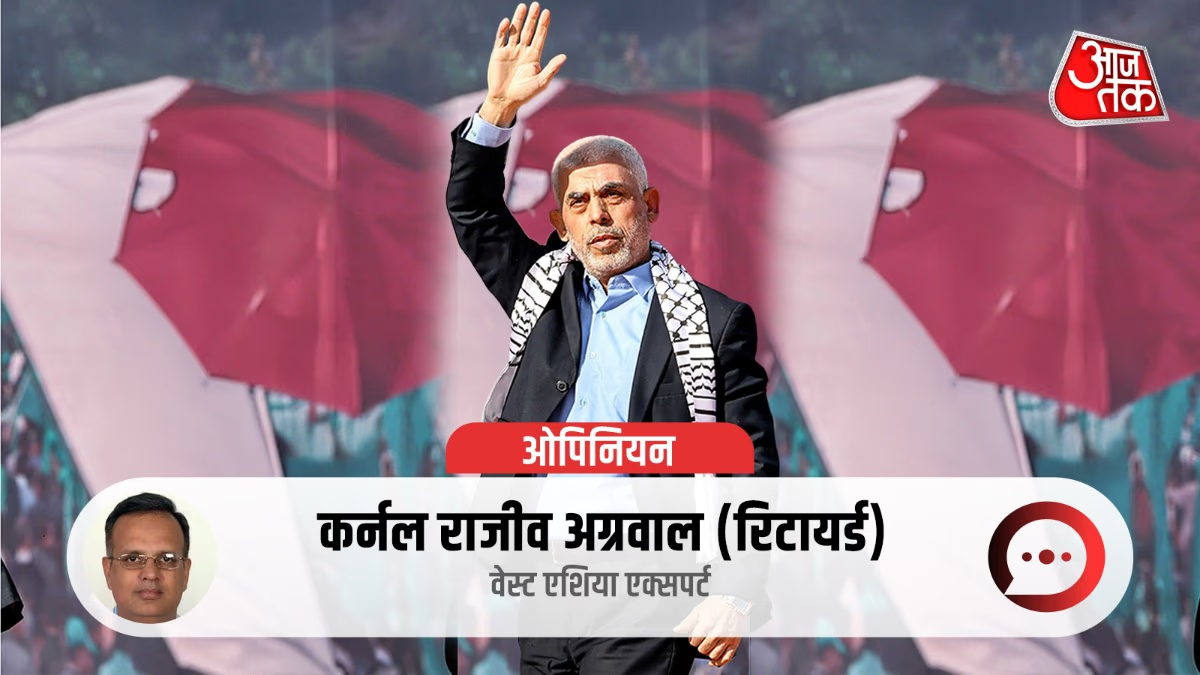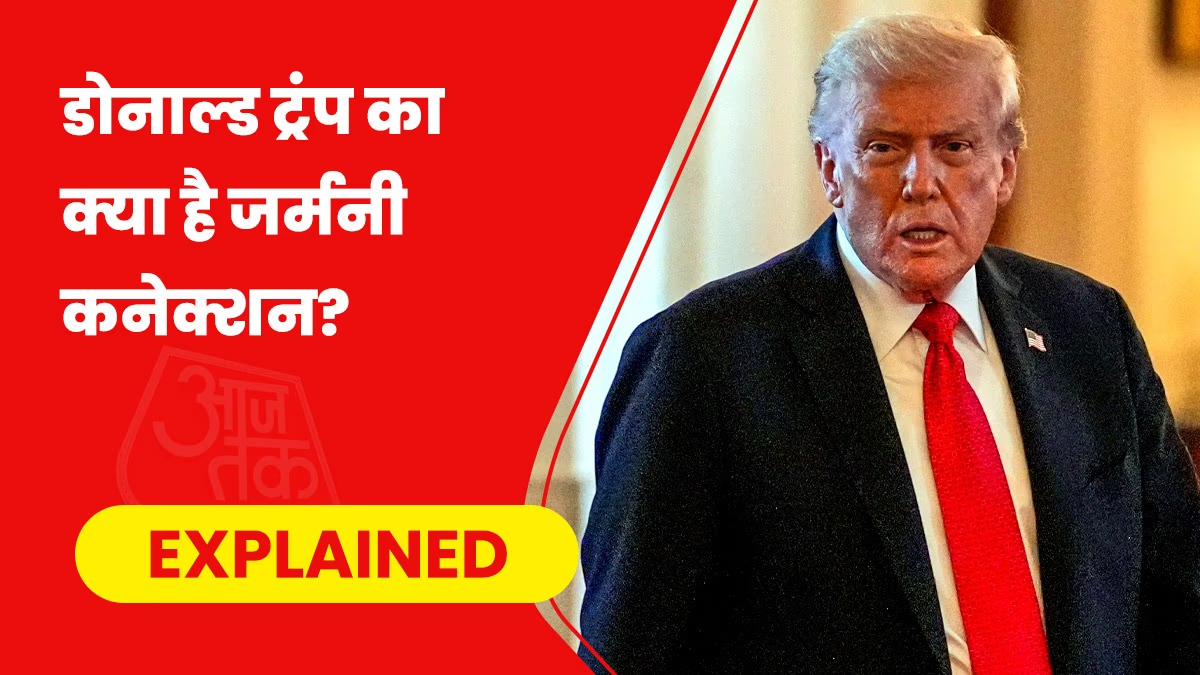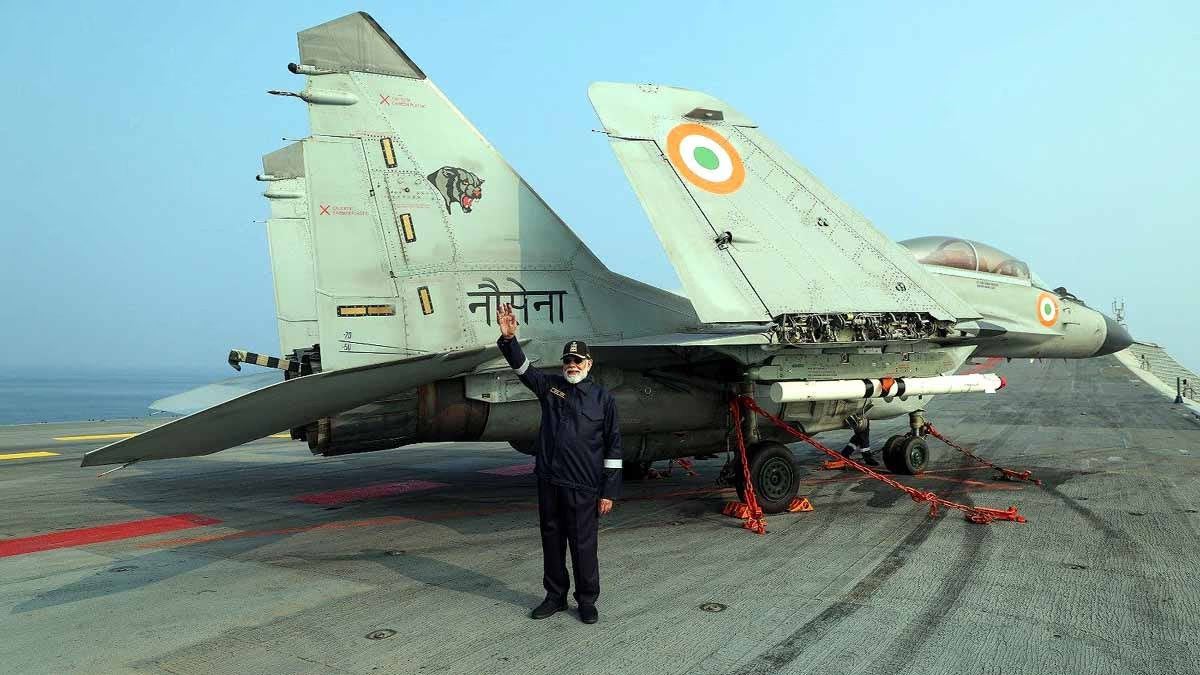On October 16, Israeli forces achieved another significant milestone in the ongoing war in Gaza by eliminating Yahya Sinwar, a leader of Hamas, in a confrontation. Over the past year, particularly since July 30, Israel has adopted a strategy of targeting key leaders of Hamas and Hezbollah to weaken their enemy. Earlier attacks on Hezbollah in Lebanon and the assassination of its leader, Hassan Nasrallah, had marked crucial turning points in this conflict.
This approach isn't new. Israel has consistently kept a vigilant eye on the major leaders of Hamas and Hezbollah, eliminating them at opportune moments. On December 25, after a three-month-long conflict, a prominent Iranian military commander in Damascus (Syria), Sayyed Razi Mousavi, was killed. He was considered one of the most significant leaders following Qasem Soleimani within the Quds Force.
On January 2, another eminent Hamas leader, Saleh al-Arouri, heading Hamas's military wing in the West Bank, was killed in an Israeli attack in Beirut (Lebanon). Subsequently, on January 4, deputy commander of the Harakat al-Nujaba militia, Mushtaq Talib al-Saidi, was killed in a US drone strike in Baghdad, Iraq. On April 1, another notable Iranian commander, Mohammad Reza Zahedi, died in an Israeli attack on the Iranian consulate in Damascus.
The biggest offensive occurred on July 30, coinciding with the inauguration of Iran's new president, when Hamas' political leader, Ismail Haniyeh, was killed at his residence. That same night, Hezbollah's senior military leader, Fouad Shukr, was also eliminated. In September, several more Hezbollah leaders were targeted and killed, including Hassan Nasrallah on August 27.
Is this strategy effective?
Eliminating high-profile leaders undeniably impacts the morale of these organizations. In Hezbollah's case, dismantling their entire leadership and crippling their communication systems struck a significant blow. Utilizing this momentum, the Israeli military initiated a ground offensive in Lebanon, allowing people to return to northern Israel. It became evident in Israel that they needed to capitalize on this advantage until Hezbollah recuperated.
However, the Israeli forces faced resistance and substantial losses, including damage to Merkava tanks. The intensity of Hezbollah's rocket and missile strikes increased, causing damage to various Israeli locations, including Haifa, Kiryat Shmona, Acre, and Tel Aviv. Despite targeting leaders, Hamas' resistance in Gaza persists, continuously challenging the Israeli military. Israel's ambition to dismantle Hamas remains unfulfilled.
This strategy might backfire on Israel. Iran and its allies are seizing this opportunity to recruit more fighters. Additionally, Israel is already facing international pressure concerning civilian casualties in the war, with numerous nations openly criticizing and supporting Iran amid these assassinations.
Has victory ever been achieved through assassinations?
Consider Afghanistan's case. While the US eliminated Osama bin Laden, did it eradicate Al Qaeda and the Taliban from Afghanistan? Certainly not. Instead, in 2021, the US hastily withdrew, and the Taliban regained control, exacerbating conditions worsened.
The assassination of Saddam Hussein in Iraq yielded similar outcomes. Did it bring peace and stability? Not precisely. Over the past two decades, Iraq has remained persistently unstable, forming close ties with Iran, much to the disapproval of the US and Israel.
Look at Libya. Did Gaddafi's assassination bring peace to Libya? Absolutely not. Libya still grapples with instability and lacks a definitive leadership.
What's the way forward?
Whether confronting conventional armies or militias and proxy groups, wars are won when there are clear and achievable objectives. Israel has secured victories in the past through swift and concise wars.
However, this time, Israel's wartime objectives seem unrealistic. Even members of the Israeli military and war cabinet have expressed doubts about the current approach. On June 9, Benny Gantz, leader of Israel's National Unity Party, resigned from the war cabinet due to disagreements with these objectives. Subsequently, on June 19, Israeli Rear Admiral Daniel Hagari stated, "The notion of completely eradicating Hamas misleads people."
Organizations like Hezbollah and Hamas, fueled by an ideology of oppression, only reinforce their resolve in the face of such assassinations, generating more anger and hatred. They are engaged in existential battles, with nothing to lose. Such strikes offer their supporters, like Iran, further reasons to escalate conflicts, complicating the resolution of wars.
Israel must assess whether these assassinations truly serve to achieve its war objectives. Each elimination of a Hamas, Hezbollah, or IRGC leader might be perceived as a political triumph for Prime Minister Benjamin Netanyahu, but do they simplify the process of retrieving hostages? New leaders often exhibit more aggression and a reluctance to negotiate, rendering peace more elusive.
It might be time for Israel to reassess its war objectives, making them more transparent and attainable. The right moment to cease hostilities could be now. Assassinating top leaders may not be the ideal strategy to win the conflict.




